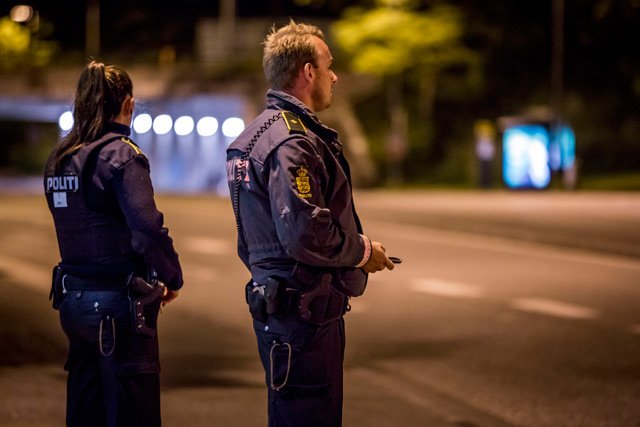While Amnesty International’s investigation in Europe demonstrates that women’s enforcement of the law for rape is a problem across the continent, including in other Nordic countries, Denmark is in the limelight. It is under Limelight because of an increase in rape cases, failure to report, and insufficient legislation to protect the dignity of Danish women.
Rape Cases in Denmark Are On The Rise
As per the Danish Ministry of Justice, about 5,100 women in Denmark are raped or attempted raped each year.
According to research from the University of Southern Denmark, this number might have been as high as 24,000. However, as per official statistics, just 890 rapes were reported to the authorities that year, with 535 resulting in charges and only 94 resulting in verdicts.
This depiction of pervasive sexual assault and punishment for abusers contrasts sharply with Denmark’s strong rankings in several walks of society for gender equality.
Denmark was ranked second only to Sweden in categories such as job, wealth, and wellness. Although there is a popular belief in Denmark that gender equality has been reached, this analysis reveals that Danish institutions should do more to stay true to this favorable image in the context of sexual assault.
Sexual assault is a crime against humanity regardless of the victim’s sexuality or gender identification. This report concentrates on one type of sexual assault, specifically rape, and especially on women who are victims of rape.
This study focuses on field research done by Amnesty International in Denmark, and also desk studies were done during March 2018 and January 2019.
In Aarhus, Copenhagen, and Fredericia, the researcher surveyed eighteen women and girls over the age of 15, along with 11 legislators from civil society groups, two lawyers, a professor of law, three members of congress from the Preventing Crime Committee, and two specialists from Centres for Sexual Abuse Victims.
Amnesty International also met with Eleven officials from government agencies. Furthermore, Amnesty International examined samples of Danish district judicial decisions (from May 2017 to May 2018) and prosecutorial orders to terminate rape proceedings (between December 2017 and May 2018).
Rape Isn’t Defined Enough
Denmark has not amended its definition of sexual assault to ensure that it conforms with the Istanbul Agreement, despite being one of the first countries to adopt it in 2014.
The criminality of rape based on the lack of permission, as GREVIO noted in its 2017 evaluation of Denmark, is “a crucial aspect in the manner the Istanbul Convention defines sexual assault.”
It strongly urged the Danish government to change the legal definition of rape to include the concept of freely provided permission in its suggestions.
After years of struggle by civil society groups, the present definition of rape in the Danish Criminal Code was established in 2013.
Rape Cases are under-reported
In Denmark, a massive number of rapes are not reported to the authorities.
The disparity between the recorded incidence of rape (890)97 and the approximate amount of rapes and sexual assaults (between 5,100 and 24,000) in 201798 emphasizes women’s unwillingness to disclose sexual assault.
Worry of not being understood, self-blame, and a lack of conviction in the legal system are all common causes why young women do not report crimes.


